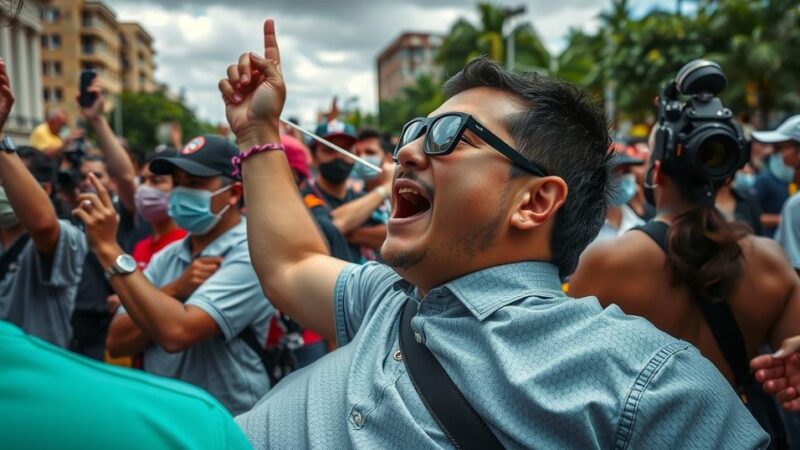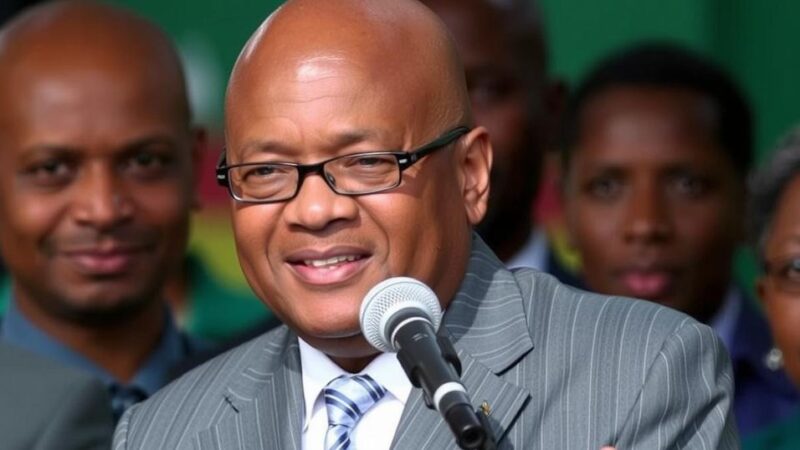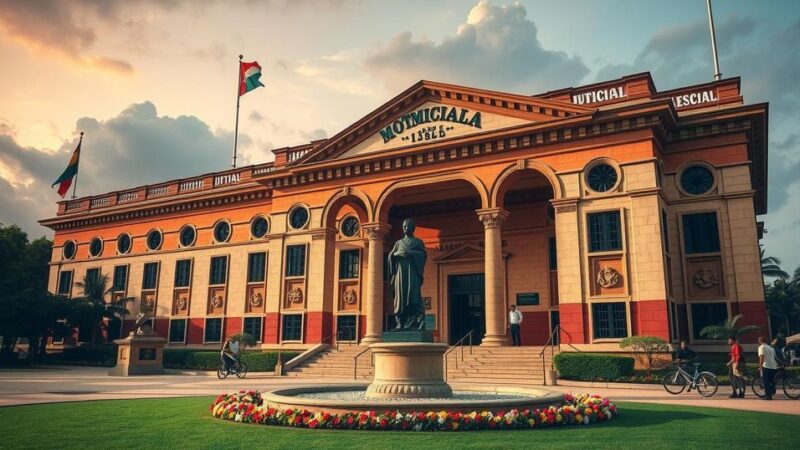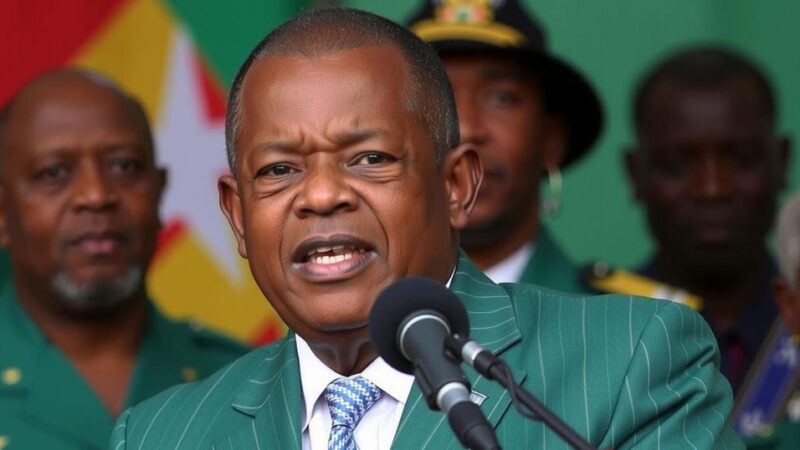Uruguay will conduct a tightly contested presidential runoff today between Yamandu Orsi and Alvaro Delgado, with results expected to hinge on a marginal vote difference. The election reflects a comparatively low tension political climate, unlike other regions in South America, despite pressure from rising living costs on the electorate. The voter base will be critical in determining the future direction of the country as they navigate coalition politics and economic realities.
Uruguayans will cast their votes today in a tightly contested presidential runoff election, marking the culmination of an eventful electoral year. The match is between the center-left candidate Yamandu Orsi and the conservative Alvaro Delgado, who has secured backing from an allied party. Poll forecasts indicate that the election could hinge on a mere 25,000 votes, contrasting with polarized political divides seen in larger South American nations such as Argentina or Brazil.
Polling stations will open at 8 a.m. local time and conclude at 7:30 p.m., with preliminary results anticipated shortly thereafter. Mr. Orsi previously garnered 43.9% of the votes in the initial round, while Mr. Delgado secured 26.8%, bolstered to nearly 42% through coalition support. Mr. Orsi aims to maintain stability with a promise of a modernized leftist approach, while Mr. Delgado calls for the re-election of an effective government, highlighting President Lacalle Pou’s popularity.
Both candidates will vie for the attention of over 8% of voters who supported smaller parties in the first round as well as those who abstained. Discussions leading up to the election have not yielded new promises to attract these voters. Analysts suggest that despite global trends of diminishing support for incumbents, Uruguay’s robust economic performance may favor a continuity vote for Mr. Delgado.
As this presidential race winds down, many citizens remain undecided, reflecting broader voter sentiment in a year marked by numerous elections worldwide. Uruguay’s political landscape appears less volatile compared to its neighbors, posing a critical question: will the electorate uphold the current government’s policies amid rising inflation and cost-of-living challenges?
Uruguay boasts a political climate that encourages participatory governance, particularly with its relatively stable electoral process compared to neighboring countries. Despite a history marked by economic fluctuations, recent years have seen improved economic conditions, fostering a generally optimistic view among voters regarding government continuity. As the nation prepares for this critical electoral moment, understanding the candidates’ positions within the context of economic performance is paramount. The election dynamics are reflective of broader trends in global politics, wherein incumbent parties face scrutiny as public dissatisfaction with high living costs prevails.
In summary, Uruguay’s presidential runoff today highlights a closely fought contest between candidates eager to capture a politically tolerant electorate. With crucial voter segments still uncertain and economic sentiments playing a significant role, the results of this election could symbolize a profound statement about public expectations. The outcome will not only define the future leadership of Uruguay but also potentially shift the nation’s political trajectory in the context of South America’s evolving landscape.
Original Source: www.ndtv.com






